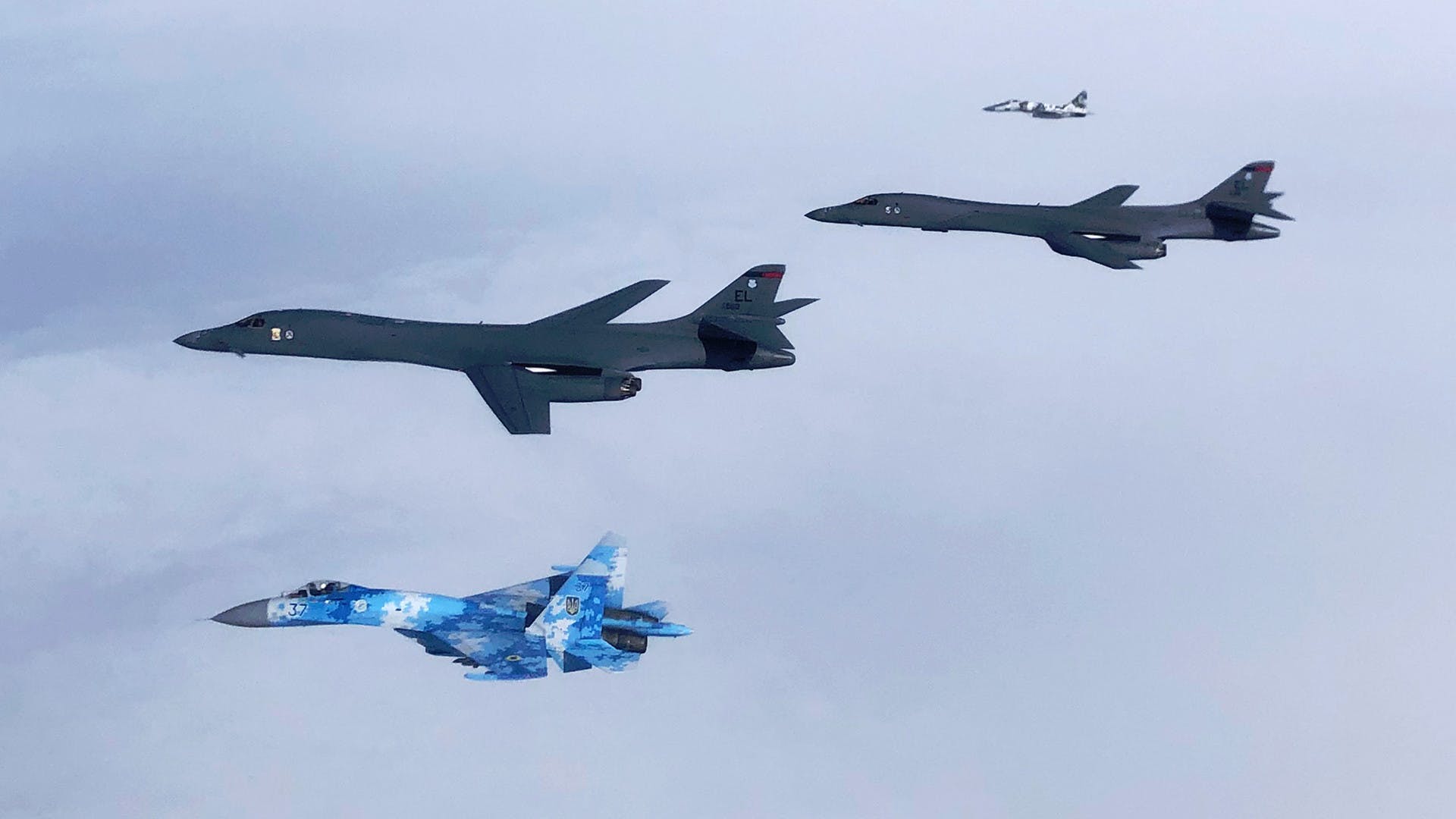RA’s Daily Russia News Blast – May 29, 2020

Today in Russia: Moscow death count doubled amid scrutiny; Satellite and social media images seem to confirm Russian airpower sent to Libya; Vedomosti sale complete; 20 more arrested protesting arrest of journalist; Russia trying to keep up in vaccine race; “Freak heat wave” in Siberia; Ship travels through Arctic without icebreaker assistance; Russian jets scrambled over Black Sea; Can Russia spark a domestic tourism boom with borders shut?; Drop in outflow of tourists to help Ruble
Moscow has revised its COVID-19 death count from 639 to 1,561 amid scrutiny over how deaths connected to coronavirus are classified. BBC wrote that, “The department stressed that the new tally included even the most ‘controversial, debatable’ cases,” a reference to cases in which the city had been attributing cause of death to other health conditions despite victims testing positive for coronavirus.
New satellite images taken over a Russian base in Syria “point to the real possibility that Russia has now deployed major airpower to Libya,” while “The configuration and paint schemes” shown in close-up imagery of unmarked planes in Syria “match up with imagery the American military has released of MiG-29s that then headed to Libya.“
The sale of Vedomosti is officially complete [in Russian], after months of drama. The new buyers are Ivan Yeremin and Konstantin Zyatkov, both owners of media companies.
20 more were arrested during the second day of demonstrations in protest over the arrest of journalist and politician Ilya Azar.
Russian researchers are working on a coronavirus vaccine. But Russia is finding that “the country is no longer the vaccine developer it was in Soviet times and it is struggling to match virus research being carried out elsewhere.”
Siberia is “in the midst of a freak heat wave,” with cities such as Novosibirsk and Krasnoyarsk seeing May temperatures between 30-35 Celsius.
High temperatures have caused sea ice to melt faster than ever. Earlier this month sea routes in the Arctic were opened up a the earliest point ever. This time, a tanker passed through the Arctic without the assistance of icebreakers. The tanker Vladimir Voronin was accompanied by an icebreaker which has since returned to port as it was deemed unnecessary.
State-run TASS reported that Russia scrambled jets to “intercept US bomber over Black Sea.” The flights were carried out in conjunction with Ukrainian Su-27 Flankers and MiG-29 Fulcrum jets as well as with Romanian and Polish jets, which joined the exercise beginning in South Dakota. The Drive wrote that,
The two bombers from the 28th Bomb Wing conducted the so-called Bomber Task Force mission over the Black Sea region on May 29, 2020. The Air Force’s B-1B fleet, as a whole, has recently stepped up this kind of long-range training in both Europe and the Pacific region as part of a concept larger called Dynamic Force Employment, which aims to make these kinds of activities less predictable and more flexible to better deter potential adversaries and reassure regional allies and partners.
A Russian military statement said that the intercept was carried out at a safe distance and in line with international standards, and claimed that after the Russian interception, “the US bombers changed their flight course and flew away from the state border of Russia.”
The Moscow Times wrote that with borders shut and summer approaching, “The government is telling Russians to explore their homeland,” with the hope of sparking a boom in domestic tourism. They wrote,
The Russian government has swung into action to encourage its citizens to holiday at home this summer in a bid to kick-start the coronavirus-battered domestic tourism industry and ensure that people spend their rubles in Russia.
In a string of speeches earlier this week, the authorities announced they would start lifting tourism restrictions — with some health resorts around the Black Sea able to reopen June 1 — and advised Russians to ditch their foreign holidays and travel around Russia instead.
Meanwhile, Bloomberg wrote that Russians staying home – whether travelling domestically rather than abroad, or not at all – will help strengthen the Ruble. On average, Russian outbound tourism outspends incoming tourism from abroad by $20 billion annually. A dampening of such outflows could help the Ruble by preventing an outflow in foreign exchange as Russians stop taking holidays abroad and in the process converting their Rubles to foreign currencies to spend. It could prop up the ruble by 4 percent, Bloomberg reported.
PHOTO: Ukrainian fighter jets flew alongside US Air Force B-1B bombers and Polish and Romanian jets over the Black Sea. Russia scrambled jets to intercept the bombers (Ukrainian Ministry of Defense).











